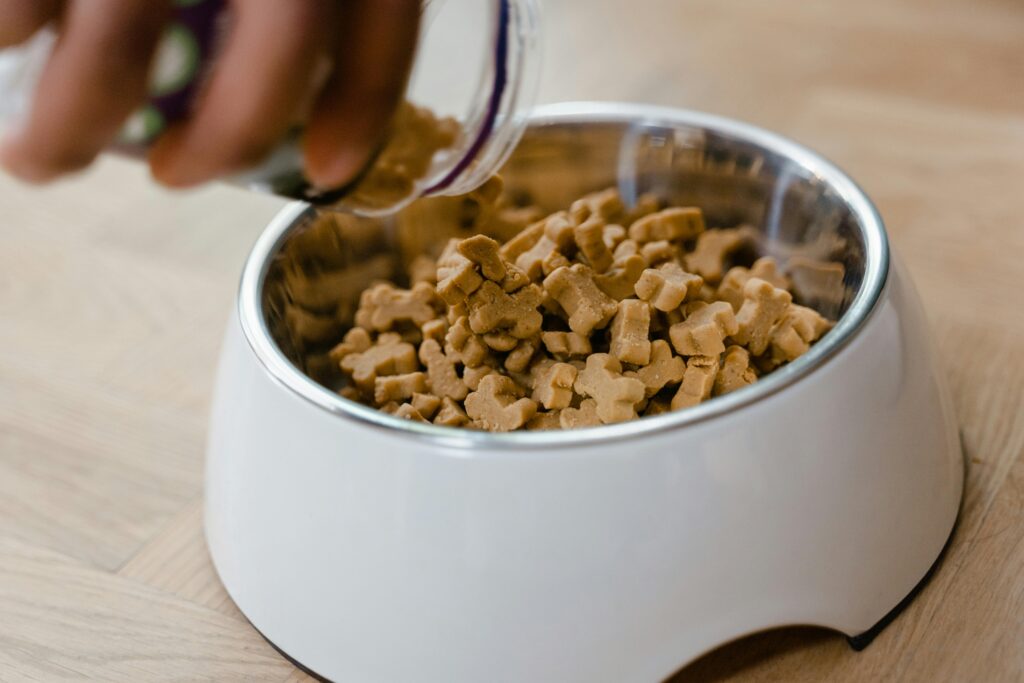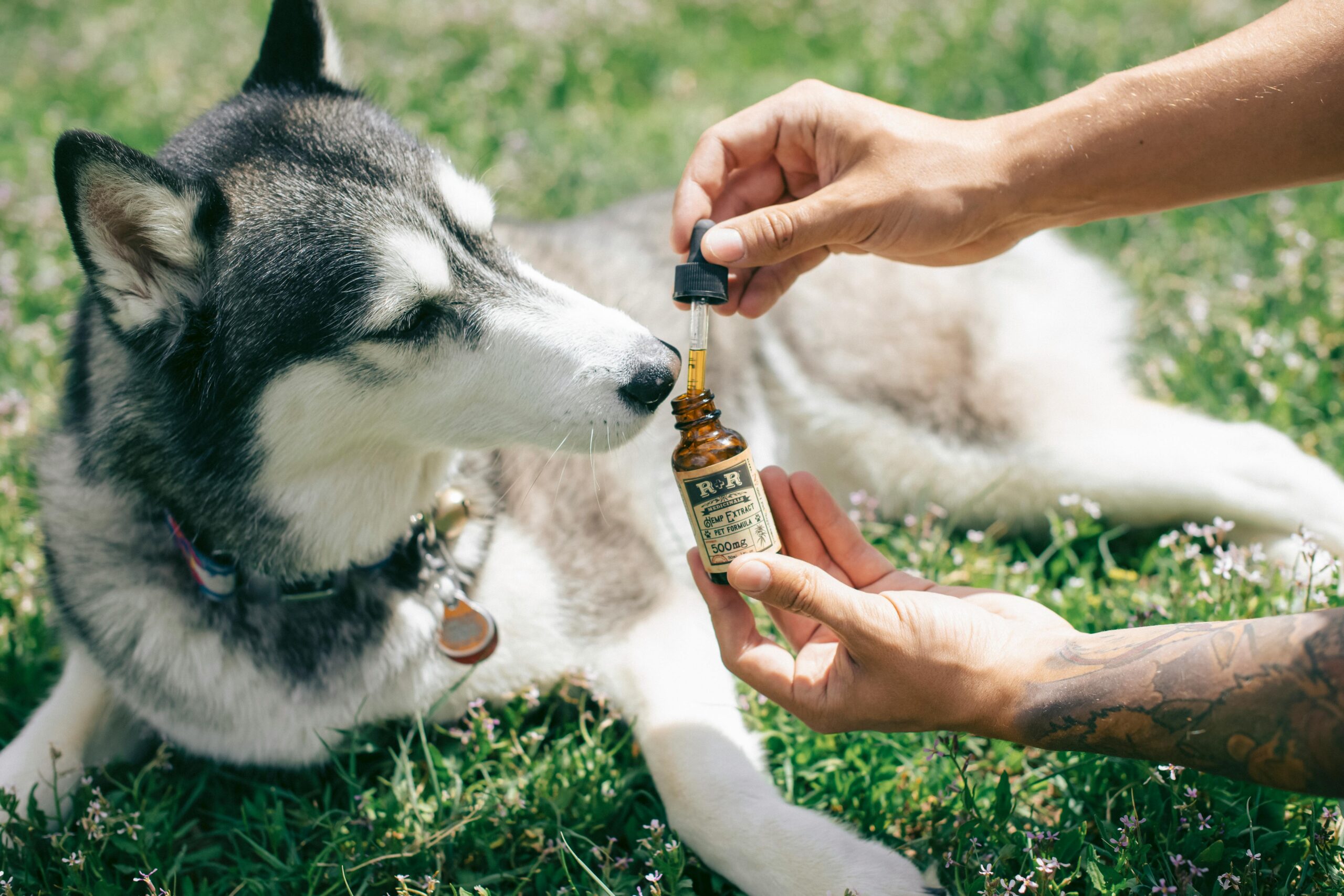
Every dog lover wants their furry friend to live a long, active life, and the food they eat plays a huge role. Choosing the right diet for your dog is one of the best things you can do for their health and longevity. Here’s how to give them the nutrition they need at every stage.
Match Their Food to Their Age and Size
Dogs have different needs as puppies, adults, and seniors. Puppies, for example, need more calories and nutrients to fuel their rapid growth, while adults benefit from a balanced diet that maintains energy. Seniors, in turn, thrive on diets with added fiber and joint-supporting ingredients. Selecting food appropriate for their age and size helps prevent obesity, keeps them energetic, and reduces health risks.
Quality Ingredients Are Essential

High-quality ingredients are key to your dog’s health. Look for dog food with meat or fish as the primary ingredient, like chicken or salmon, instead of fillers or by-products. Whole foods, including fruits and vegetables, provide essential vitamins and fiber. Avoid artificial additives and preservatives, which may cause health issues over time. If you’re making food at home, be sure it includes a balance of proteins, grains, and vegetables.
Balance the Right Nutrients
Your dog’s food should offer a good mix of proteins, fats, and carbs. Protein is vital for muscle and tissue health, especially for active or aging dogs. Fats, meanwhile, supply energy and help maintain a shiny coat, and carbs offer a quick energy boost. Avoid excess carbs, which can lead to obesity, and keep portions consistent for an active, healthy weight.
Avoid Processed Foods When Possible

Processed foods can often contain hidden additives that aren’t ideal for your pet’s health. While convenient, heavily processed diets often include chemicals, preservatives, and low-quality ingredients that could take a toll on your dog’s liver and kidneys. Choosing natural, whole-food diets can support their overall health.
Add Antioxidants and Omega Fatty Acids
Antioxidants, along with omega-3 and omega-6 fatty acids, can help keep your dog’s immune system strong. Foods rich in fish oils, certain vegetables, and flaxseed can keep your dog’s coat healthy and may reduce the chances of chronic conditions as they age.
Portion Control is Key to Longevity

Obesity can lead to various health problems, from joint issues to diabetes. Following proper portion sizes based on your dog’s age and size is essential to keeping them healthy. Rather than feeding them table scraps, which can lead to weight gain and nutrient imbalances, stick to quality dog food and treats made specifically for them.
Choosing Between Commercial and Homemade Diets
Both commercial and homemade diets have benefits. High-quality commercial foods are nutritionally complete and save time, while homemade diets offer full control over ingredients. If you’re preparing food at home, consult your vet to ensure a balanced diet, as it’s easy to overlook certain nutrients.
Adjust Diet With Age and Health Needs

A food that’s right for a young adult dog may not suit a senior. Veterinary check-ups can guide you on changes to make, such as lower protein for kidney health or low-sodium for heart health. Be attentive to changes in your dog’s behavior or appetite, which may indicate they need a diet adjustment.
Stay Hydrated and Use Healthy Treats
Alongside food, water is vital for your dog’s health. Always have fresh water available. For treats, opt for healthy snacks like dog-safe fruits or veggies rather than high-calorie, processed treats, which can lead to dental problems and weight gain.
Consider Probiotics and Supplements

Some dogs may benefit from supplements or probiotics, especially if they’re prone to digestive issues. Before adding anything to their diet, ask your vet for guidance. Supplements should be tailored to their specific needs, whether that’s joint health, coat quality, or immunity.
Key Takeaways
Feeding your dog for a longer life is all about balancing high-quality ingredients, the right nutrients, and adapting to their changing needs. By carefully selecting their food, monitoring portions, and consulting your vet as they age, you’re setting them up for the healthiest, happiest life possible.
Source:
Lovedog.com – Feeding Your Dog for Longevity







